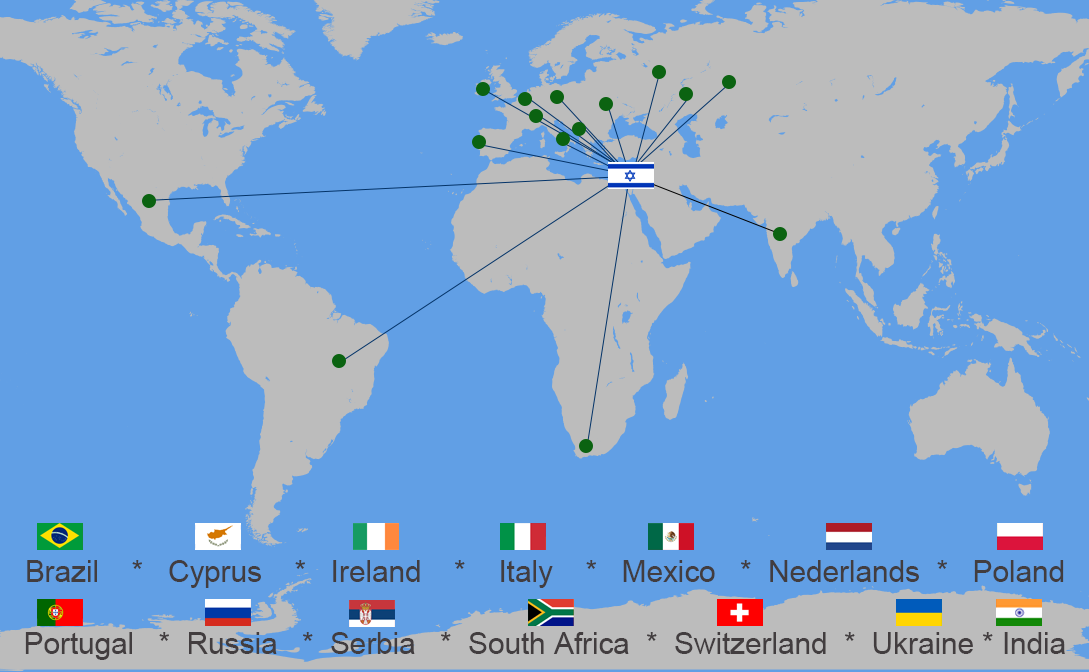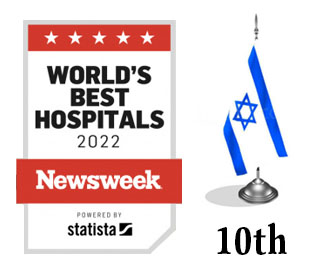Novel Drug in Sheba-Vidac Collaboration to Improve CAR T-Cell Therapy Effectiveness
CAR T-cell therapy, a revolutionary cancer treatment, involves genetically modifying a patient's T-cells to produce chimeric antigen receptors (CARs). These engineered T-cells are reintroduced to the patient's body to attack tumor cells.
While many medical centers around the world rely on external labs to genetically engineer patient T-cells, a process that can take up to a few months and hinder the therapy's effectiveness, Sheba Medical Center in Israel completes the entire treatment process in less than two weeks thanks to its specialized in-house laboratory.
However, not all patients respond to the treatment, with a major hurdle being the Warburg effect, a phenomenon that triggers hyperglycolysis within the tumor microenvironment (TME), which is unfavorable for CAR T-cell therapy effectiveness.
Recently, Sheba and Vidac Pharma partnered to tackle this issue, collaborating on a study that evaluates a novel drug with the potential to reverse the Warburg effect, thereby preventing the lactate-producing hyperglycolysis from compromising treatment efficacy. The new research will be headed by Dr. Elad Jacoby, Head of Pediatric Cell Therapy at Sheba's Safra Children's Hospital, and Dr. Yuval Sagiv, CTO of Vidac Pharma. This pivotal collaboration marks a significant stride in blood cancer treatment, offering patients across the globe new hope.
CAR-T therapy in Sheba hospital -patient review
Patients from the following countries received Car-T treatment in Sheba hospital:

READ MORE: COST OF CAR-T CELL THERAPY IN SHEBA HOSPITAL >>




